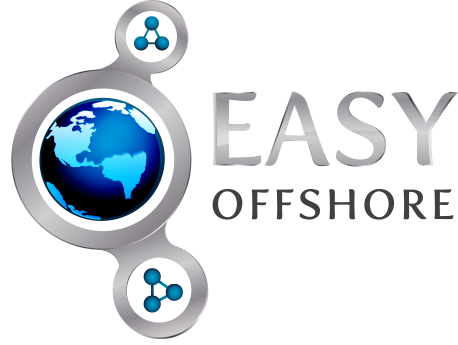27 Feb Your competitors are about to crush you on price – here’s why
If you don’t understand that global resourcing is the biggest shift in labour allocation that the world has ever seen, then you also won’t understand that it is putting your business in imminent danger. You’re very much like the saddle makers of the early 1900s who declared that cars would never catch on.
That’s what I am reminded of when people tell me their customers will never buy from an offshore business or a local business which has offshore staff. The fact is, they already are, and if you don’t catch up fast, your business is as good as dead.
Looking back on the dawn of automobiles it’s now obvious that a dramatic global shift in manufacturing and technology was happening. But back at the start of the 1900s, anyone predicting that cars were going to replace horses was seen as a fool. How could those unreliable, expensive, smoke-belching monstrosities ever replace such a reliable system like the horse and cart, which had been the pinnacle of human transport for thousands of years?
Back in those days, making saddles and other horse accessories was a stable and profitable industry. Only a few saddle makers saw the writing on the wall and realised they had to adapt or die.
A successful saddlery since 1856, in 1908 a company called Holden made what many thought a ludicrous decision to start repairing car upholstery. This was just five years after Ford was founded, when very few people considered the automobile would ever replace the horse. By 1913, Holden was producing motorcycle bodies, and by 1923 they were producing 12,000 car bodies per year. Thereafter Holden pretty much owned the car industry in Australia for decades.
It’s all obvious in hindsight. But the nature of massive shifts is that everyone thinks the leaders and innovators are mad.
Yet the changes brought about by industrialisation, automation, and even the offshore shift in manufacturing, are TINY compared to the wave of change that is now underway. For businesses that have not yet assessed the threat, time is running out to understand how this is going to impact you.
Here’s a really easy test – if you have staff that work in an office, or your competitors do – then you WILL be affected. The only question is whether this shift will turn your industry on its head or whether just a small adjustment is required to adapt.
Who do you think is hiring yet another 200,000 staff in the Philippines over the next 12 months? Just call centres who don’t care about quality? Misguided fools? If you’re reading this article, and your business is not looking at these options, then you’re a modern day saddlery.
Let’s look at Holden again. Rather than adapt to the next big shift in the car industry, and move rapidly to become a hub of technology and innovation in the motor industry (move higher up the value chain), the Australian automobile industry resisted, insisting that wages need to keep increasing, and that government should subsidise the industry to save the jobs.
I’m not having a hack at unions, they do great work. But EVERY big change has both threats and opportunities for business, and the conservative strategy of maintaining the status quo clearly failed. Instead of growing an industry “brains” sector that would be difficult to replicate and could generate new revenue streams, the industry in Australia chose to cling to the old ways until it inevitably fell over.
So, what’s it going to be for your business?
Let me be very clear. If you have more than a couple of office-based roles in your business, or your competitors do, then you are a saddle maker waiting for the market to make you irrelevant. I’m not trying to insult you, and I’m not saying you should hire staff offshore and sack your Australian staff, I’m just the canary in the coal mine telling you that you have to do SOMETHING.
You might think this is radical, but I’ve been running global teams in my businesses since 2010. And I was far from the first SME to do so – others had been doing it for 5-10 years before I caught on. It’s not innovators that are starting global resourcing now, but mainstream followers trying to keep up.
Your competitors, of all sizes, are already building low cost teams in other countries. Some of them are planning a market disruption with a price point that WILL kill your business. It might take a few years to cause serious problems for you, but trying to make rapid changes after the bank comes knocking will probably be too late.
It’s great to take pride in the quality of your product and declare the competition inferior, but all customers vote with their wallet if the price difference is big enough. If you think that your customers are different, watch them choose between you and Mr Half Price when they perceive a similar quality.
Of course, you can try to sell the 100% Australian message, and I really hope your customers respond. But ask Dick Smith how hard it is to get people to pay 40c more for Australian peanut butter. Is it realistic to expect them to love you when you’re twice the price?
The best case scenario for the modern day saddler is to own a high percentage of the rapidly shrinking market that is nationalistic enough to pay 50% more for the same product. But we can’t all own that shrinking market, can we?
As my book points out, the key to our ongoing national prosperity is to upskill as many people as we can into roles and tasks which are harder to replicate offshore.
As for your saddlery business, maybe it’s time to learn more about those crazy folks with their ugly stupid automobiles.



